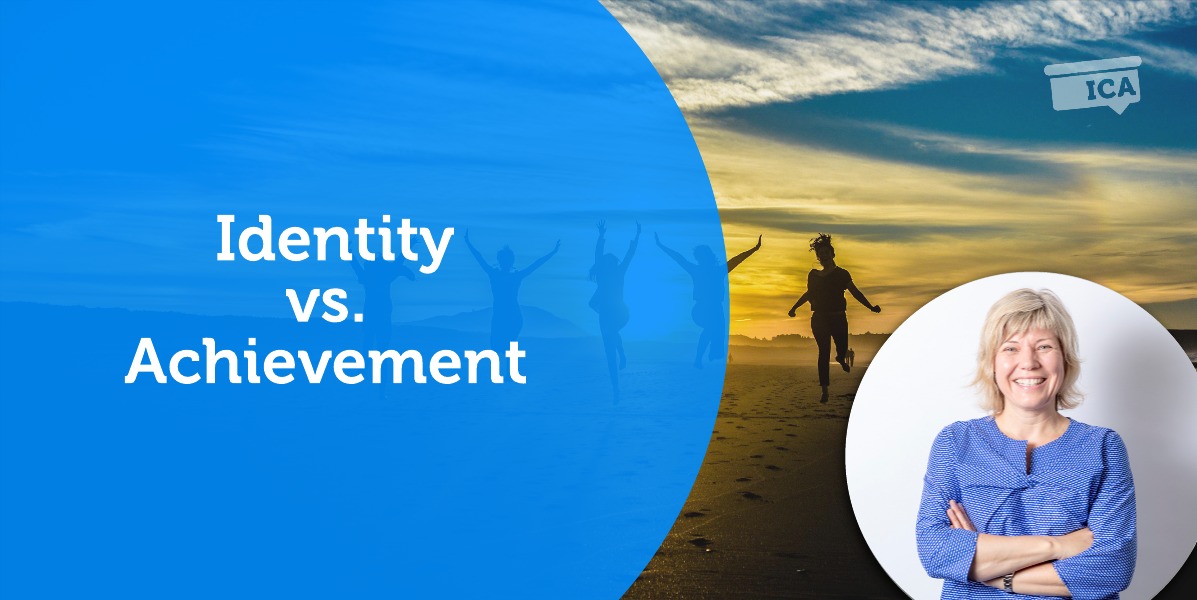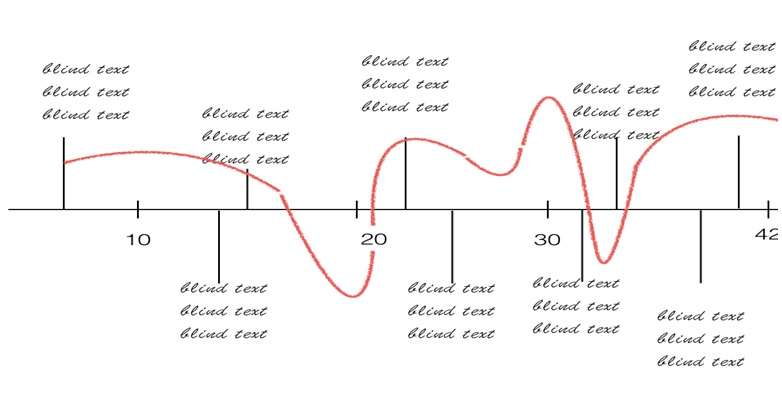
A Coaching Power Tool Created by Heike Geiling
(Intercultural Coach, SWITZERLAND)
Are you an achiever?
When we talk about achievements we talk about what the free online dictionary defines as “a result gained by effort” or “a thing done successfully with effort, skill, or courage”. Usually, we associate positive outcomes with achievements and in our Western world effort, skill, and courage are positively connoted terms. Companies are striving to establish achievement cultures because this drives productivity and thus financial gain.
When we apply for open positions we list our achievements in our CVs to show how valuable our contributions were to our past employers. Sometimes we also talk about our accomplishments without distinguishing between the two. But accomplishments are on a completely different scale as Patty O’Grady points out: “Achievement typically measures an externally imposed standard. Accomplishment typically describes an internally motivated goal.”[1] Far too often we take one for the other thinking of accomplishment when in reality we only line up another achievement. The reason is that we do see achievements in a positive light as the task is usually considered to be difficult and the success is dependent on our will power. We tend to value difficult achievements demanding more will power higher. Having the objective in mind and concentrating on our will power we might forget to ask why we are doing a certain thing.
Perspective on achievement:
A majority of us spend most of our careers in corporate cultures that nurture achievement as a value. Even outside the corporate world achievements are highly valued and we gain acknowledgment and recognition for them. For some people, only life-changing experiences throw them out of this circle of achievement and recognition. In the global expat community, a large number of expat spouses have to deal with the fact of finding themselves excluded from the corporate achievement/recognition circle that they were part of in their home country or previous career. Often transferring into a home maker’s life abroad, expat spouses are facing many challenges while adjusting to a new culture. Even though moving to a new country might be an adventure filled with positive encounters and experiences, once the first phase of exploration is over and life has taken on a regular rhythm, many expat spouses fall into an achievement culture by default.
Consider Luisa who moved from Sweden to Vietnam with her husband and two kids. She had already given up her job as an accountant in a large Swedish corporation to follow her husband on his assignment to Belgium three years earlier. She stayed home to look after her small children and took distant learning courses to prepare for her return to Sweden. Now her husband took on a three to five-year assignment in Hanoi. A wonderful opportunity for the whole family to explore Asian culture. Luisa does not mind that her career will be delayed.
The first three months after the move pass quickly as Luisa is busy setting up the house and the family life. She arranges schools and after school activities, she meets other parents and expat partners. She explores the city and sorts out all relevant addresses from hairdressers to pediatricians and dentists etc. Each evening she can tick off another thing from her to-do list; each one a little achievement.
One day all boxes are ticked off. Luisa finds herself at home with an abundance of free time at hand. So she throws herself into “mum”-tasks. She bakes, cooks sew, or picks up some other hobby also. She volunteers to be a homeroom mum or part of the school’s parent group. She will fill her daily calendar with tasks and activities she never had time for in the past. Now she has time to work out and to take better care of her health and outer appearance. She adds fitness classes, beautician appointments, etc. to her calendar. She joins the parents’ yoga or tennis group. Whatever it is, she will do well and she will add another achievement to her long list of achievements.
Luisa struggles to identify what she wants in life. She feels trapped in her beautiful and exciting expat life. She longs for acknowledgment and recognition so she creates tasks and challenges for herself and starts collecting achievements she can be proud of, share, and get recognition for. These achievements give her the feeling of being active, alive, and doing something meaningful.
In her TEDx talk on authentic inaction, Renée Dineen differentiates five different types of “doers”: the achieving doer, the avoiding doer, the controlling doer, the perfecting doer, and the supporting doer. Each of them having a different motivating force to action. The result is the same: it drives them away from who they truly are into externally driven activity.
Identity
“Identity grows […] out of a distinction between one’s true inner self and an outer world of social rules and norms that do not adequately recognize that inner self’s worth or dignity. […] The inner self is the basis of human dignity, but the nature of that dignity is variable and has changed over time. […] Finally, the inner sense of dignity seeks recognition.”[2]
To put it very simply: We define ourselves through and in contrast to our outer world and thus develop a sense of dignity. To strengthen our self-esteem we need the recognition of others. But we need to be recognized for who we are and not for what we do. In our longing for external recognition, we risk forgetting defining what we want to be recognized for. Thus some people throw themselves into activities, lining up one achievement after the other.
People who feel like living fulfilled lives following their career and identifying with the labels they acquired (Director, Head of.., Mother, Business owner, Associate, Manager, etc), rarely ask the question: Who am I? What is my identity? Our identity (the distinguishing character or personality of an individual)is mostly hidden behind all the labels we carry mother, father, friend, brother, sister, superior, team member, associate, daughter, son, wife, husband, teacher, student, caregiver, etc. For the lucky ones the acquired labels match their identity, they are committed to their roles, they find purpose in what they do. Few people think about their proper identity, they rather build on values taught in their families or cultures. If you do not develop a sound sense of identity you will have difficulties to identify what you want in life or better said to find your purpose.
“…the processes of identity formation and purpose development reinforce one another; the development of purpose supports the development of identity, and the development of identity reinforces purposeful commitments.”[3]
Uncovering identity
So how can you see through the labels? How can you see your identity? These question can help you to take the first steps:
- What are your potentials? What are you good at / better than others? Which activities are you willing to pursue putting will, time, and effort in improving your skills?
- What is your purpose? What would you like to accomplish that matches your skills and talents?
- Do you have the opportunity to do so? What would you need to change to get this opportunity?
People need to be acknowledged for who they are and not for what they do. A first step into diverting attention from your actions to your true self is awareness. What are you busy with? What do you spend most of your time on? Which of these activities mean a lot to you and why?
Coaching Application
Clients who are achievers sometimes have difficulties to draw the line between achievements and accomplishments. They might be action addicts and thrive on the recognition they regularly receive for what they do. A clear sign for the coach to identify the achiever is if the client still feels hollow or empty despite their many activities/achievements.
The coach can support the client in exploring their struggle for recognition by identifying the activities and objectives linked to internal motivation and separating them from the ones externally motivated. Together with the coach, the client can explore the behaviors they demonstrate when in achievement mode and reflect on how they can use this awareness in the future.
To help the client identify behavior patterns and separate accomplishments from achievements the timeline exercise and be a great tool.
Who am I? The timeline exercise.

Draw a timeline for your life divided into 4 sections and add all significant events to it, refrain from mentioning career-related information. Then use a colored pen to add an emotional graph identifying the highs and lows in your past. Tell your life’s story without referring to any job title or role you held.
Who am I? Tell your story.
Look at your timeline again. How did you tell your story? How we tell our stories can greatly impact how we feel about ourselves. When did you feel proud of yourself? When did you feel authentic? When did you talk about yourself as a victim of circumstances? When did you feel most fulfilled?
Reflection
Recommended reading/watching
TEDx talk by Renée Dineen on authentic inaction
Francis Fukuyama: Identity. Contemporary Identity Politics and the Struggle for Recognition (2018)
K.C. Bronk: The role of purpose in life in healthy identity formation: A grounded model. New Directions for Youth Development, 2011: 31-44.
[1] psychologytoday.com, Nov 11, 2012
[2] Fukuyama (2018), pp. 9-10
[3] Bonk (2011), p.31